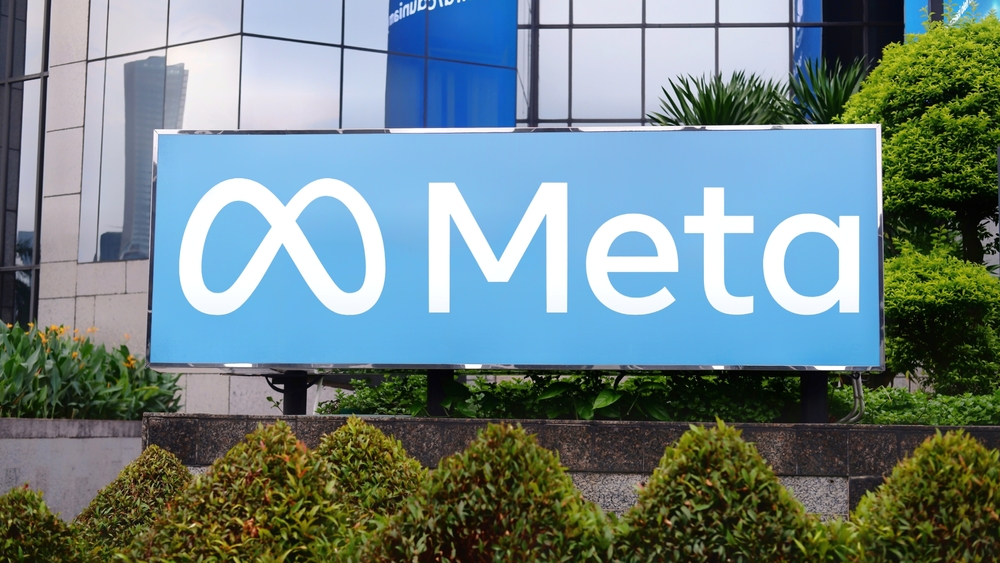Meta, the parent company of Facebook and Instagram, recently confirmed that it has been using users’ public posts since 2007 to train its AI models. This disclosure came during an Australian government inquiry. However, billions of users outside the European Union (EU) and Brazil, who keep their posts public, have no option to opt out of this AI training.
Melinda Claybaugh, Meta’s global privacy director, admitted that all public text and photos posted by adult Facebook and Instagram users since 2007 have been used for AI training. This admission came after persistent questioning from Greens Senator David Shoebridge. However, Meta does not provide an option for users to delete data already collected, even if they adjust their privacy settings.
Privacy and Data Collection Concerns
Meta has referenced its use of public posts for AI training in various privacy materials and blogs. However, the specifics of how this data is used remain unclear. When questioned by The New York Times in June 2023 about the timing and extent of its data collection, Meta did not give a direct answer, only stating that changing privacy settings would stop future data collection. Particularly concerning is the potential use of data from users who may have been minors in 2007. Although Claybaugh said that Meta does not use data from users under 18, she was unable to clarify how data from accounts created by minors is handled once those users become adults.
Senator Tony Sheldon raised further concerns, questioning if Meta scans public photos of children on adult accounts. Claybaugh confirmed that such data is also used in the AI training process.
Global Implications and Lack of Opt-Out Options
While EU users can opt out of AI training due to local privacy laws, and Brazilian users are protected by a recent ban on Meta’s use of personal data for AI, the vast majority of Facebook and Instagram users worldwide do not have this option. When asked whether Australian users or others might be given the ability to opt out in the future, Claybaugh cited uncertainty about future regulations, saying no clear timeline exists.
The absence of an opt-out option has led to widespread criticism, notes NIX Solutions. Senator Shoebridge pointed out that Australia’s lack of adequate privacy laws enables companies like Meta to continue monetizing data, including photos and videos of children. This situation underscores a larger issue: global legislation is struggling to keep pace with the rapid development of AI technology and data collection practices. We’ll keep you updated as new developments unfold in this ongoing debate.

